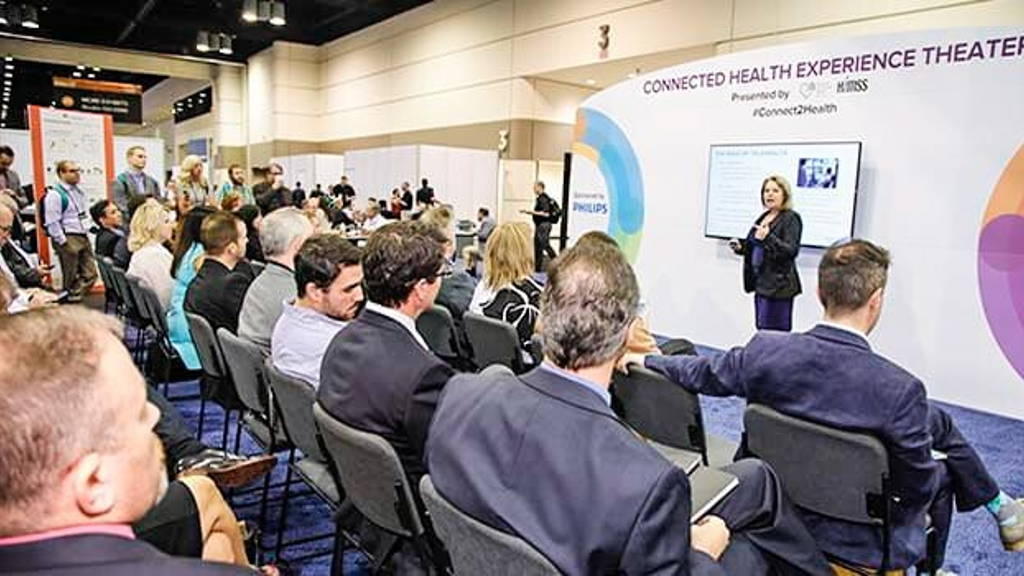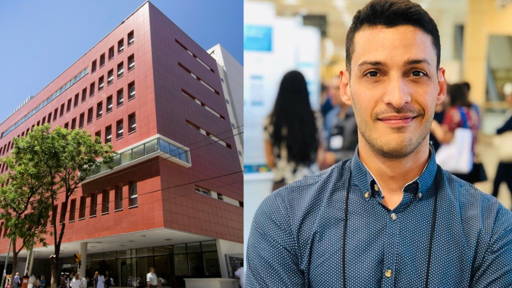The truth is that all efforts to define connected health may be misplaced, according to Robert Havasy, MS, Senior Director, HIS, HIMSS North America. Using technology to gather data and information to facilitate better, collaborative decision making by patients and providers should not be a new or separate kind of healthcare. It should just be healthcare, with technology-empowered patients and shared decision-making being the new normal, he writes.
Connected health included EHR vendors showed strategies for connecting patients, while one major technology vendor and university jointly advertised a “Connected Health Interoperability Platform.” ‘While it is certainly too early to declare victory, we have come a long way regarding acceptance of these technologies in the last few years. For me, the most encouraging evidence of change appeared in the maturity of questions attendees asked on the role connected technologies play in healthcare.’
A few years ago, questions focused on general topics, like ‘will this thing work?’, or ‘what if we bought X?’
More and more these questions become specific:
This wider interest in connected health dose pose some new challenges and requires a shift in focus for the broad connected health community, Havasy believes. Connected health has always focused on innovation due to its close association with mobile phones and other consumer technology. ‘However, if we want connected health to succeed as a transformative force in healthcare, rather than just being a cool idea, we also need a focus on how to make things work and not just on new technology.’
Ending his column, Havasy writes about a 2010 presentation together with Dr. George Crooks, medical director of NHS 24, Scotland's national telehealth and telecare organization, at a healthcare conference in Brussels about emerging themes in connected health.
‘At the end of his presentation, Dr. Crooks said something to the largely corporate audience that still rings loudly in my head: It's not about the next big thing," he said. "If we could successfully deploy the technology we already have, we'd save millions of lives a year.
Connected health more embedded
If we accept this vision, then HIMSS17 marked a significant milestone for connected health. Havasy found connected health content embedded in a wide array of topics, among others in education sessions such as:- Innovation
- Population health
- Leadership
- Cybersecurity
Connected health included EHR vendors showed strategies for connecting patients, while one major technology vendor and university jointly advertised a “Connected Health Interoperability Platform.” ‘While it is certainly too early to declare victory, we have come a long way regarding acceptance of these technologies in the last few years. For me, the most encouraging evidence of change appeared in the maturity of questions attendees asked on the role connected technologies play in healthcare.’
A few years ago, questions focused on general topics, like ‘will this thing work?’, or ‘what if we bought X?’
More and more these questions become specific:
- How do I match unsolicited data from patients with their record?
- How does connected health fit into MACRA/MIPS?
Encouraging interest in connected health
Havasy states he was encouraged by the interest in connected health, and what was for him, an “unexpected” segment of the market: the long-term / post-acute care (LTPAC) and aging services providers. ‘Impressive discussions also included deep conversations around the growing role of APIs in connected health connectivity, benefits and challenges resulting from the emergence of the Internet of Things (IoT), and security challenges across all these systems.’This wider interest in connected health dose pose some new challenges and requires a shift in focus for the broad connected health community, Havasy believes. Connected health has always focused on innovation due to its close association with mobile phones and other consumer technology. ‘However, if we want connected health to succeed as a transformative force in healthcare, rather than just being a cool idea, we also need a focus on how to make things work and not just on new technology.’
Ending his column, Havasy writes about a 2010 presentation together with Dr. George Crooks, medical director of NHS 24, Scotland's national telehealth and telecare organization, at a healthcare conference in Brussels about emerging themes in connected health.
‘At the end of his presentation, Dr. Crooks said something to the largely corporate audience that still rings loudly in my head: It's not about the next big thing," he said. "If we could successfully deploy the technology we already have, we'd save millions of lives a year.








